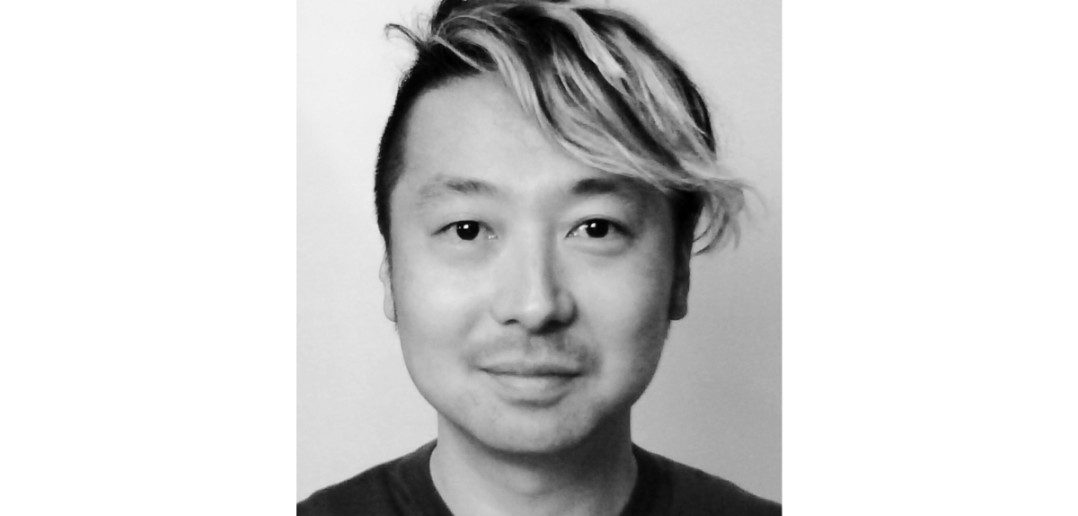This is the latest in a series of posts from leading producers and industry influencers in the run-up to MIPCOM 2016. The posts are coordinated by TV business consultant Deborah Macdonald.
Satoru Wanatabe is a Creative Director and Senior Producer at NHK, Japan Broadcasting Corporation based in Tokyo, Japan. Since 2014, he teaches TV format development and production management as a lecturer at the University of Tokyo.
MIPBlog: Could you please introduce yourself?
I am a Senior Producer in the Home and Food Programmes Division at NHK (Japan Broadcasting Corporation) in charge of producing a daily morning studio show, development and digital communication. In addition, I am a part-time lecturer at the University of Tokyo, teaching TV format development and production management.
> What do you think is the most innovative thing in TV now, and why?
I am very interested in 360-degree camera technology these days. It will free TV professionals from rectangular screen constraints and expand creativity.
> What opportunities does the development of new platforms and business models (YouTube, Netflix, etc) open up for your activity today?
Firstly, video-sharing websites are a great teacher for content producers. YouTube, for example, has brought us many sources of ideas about the latest trends, new styles of production, cool editing, thoughts of the young generation, and a useful archive of great past productions.
Secondly, from the viewpoint of producers, this trend makes it easy to create more attractive content. Online services such as Netflix are going to free producers from schedules and programme length constraints. Programme lengths in traditional TV are sometimes too short to satisfy audiences and sometimes too long for the material which the episode should contain. Programmes that are free from length limitations can meet the needs of the audience much more easily than traditional linear media.
Finally, everyone can be a content creator these days. This February, a junior high school student called 38912_DIGITAL made a 5-minute sci-fi CG movie titled 2045 (below), and it was shared by many people, including creators, because of its high quality. Twitcasting, in which users can cast their own live show through a casting app, has 12 million users. There is so much creative live streaming on this new platform that some traditional broadcasters are planning co-productions with users.
> Is the playing field now more level? To what extent is the ‘traditional’ system (pitching to broadcasters and so on) still powering your business, and how do you see that system evolving?
The traditional system is still in place in the Japanese media industry, and in particular, the TV business. In this market, broadcasters still have much power. In my 16 years experience, the commissioning process and people have not changed. However, this situation seems to be limited to the 2D content traditionally known as TV programmes. Broadcasters also provide a lot of digital content and platforms. In this new field, many young people are getting empowered. There is one Japanese internet channel called AbemaTV, which is organised by a big TV channel and a digital platform company. In this company, the commissioning process is more flexible and young people have more influence than they do in traditional channels. In this case, the channel based its manner of operation on that of the digital platform company. This new way of commissioning may be one reason why AbemaTV is attracting more and more users recently.
> What is your favourite TV show/IP today and why? This can be any genre of your choosing.
Hibana, a Netflix Japanese drama based on a novel written by a famous comedian, was very attractive because it showed us the real struggles that young comedians face. I binge-watched this drama and felt the structure was very good for watching in succession. In my daily life, I watch the midnight news show News Zero on Nippon TV almost every day. This show has a clear green and white color theme, so it is very easy to recognise. Not only the colour but also the studio direction is well structured. People in the show are pleasant and the studio talk is short and clear. Nippon TV seems to have a very good branding strategy and it has some successfully branded variety shows on weekends.
Check out all of our MIPCOM 2016 industry influencer posts to date here; and find out more about MIPCOM’s focus on Japan, Country of Honour, here…




